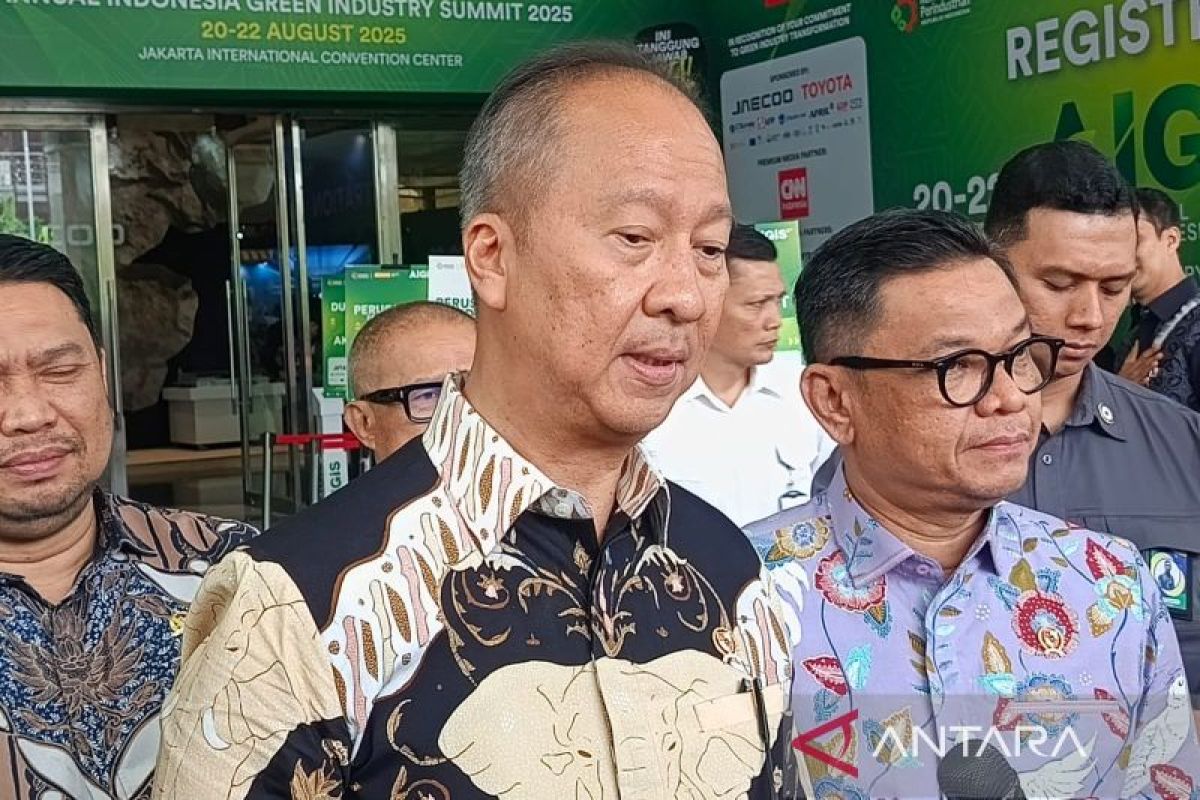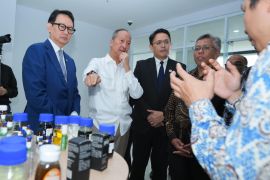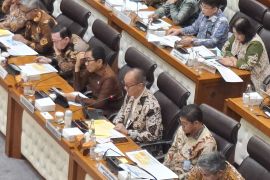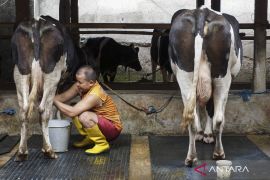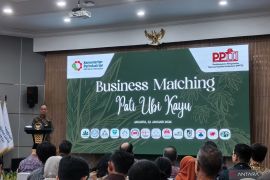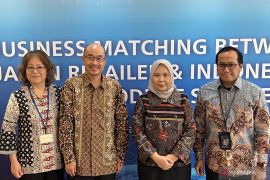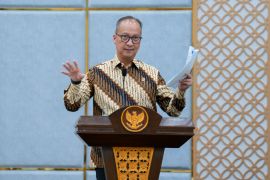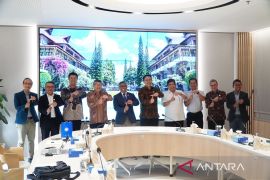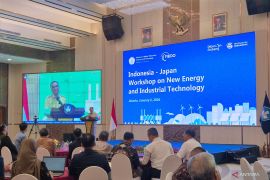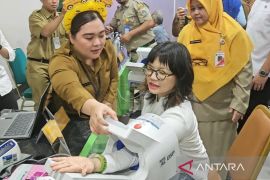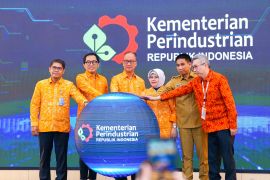"Gisco will serve as a bridge for collaboration between industries, green technology providers, financial institutions, and carbon markets," Industry Minister Agus Gumiwang Kartasasmita said.
Speaking to reporters after attending the 2nd Annual Indonesia Green Industry Summit (AIGIS) 2025 in Jakarta on Wednesday, he said Gisco is not just a service center, but a key driver of the national green industry ecosystem.
The initiative offers integrated services including technical assistance, resource efficiency assessments, emissions footprint calculations, green transition planning, and access to green financing.
The ministry is committed to achieving Net Zero Emission (NZE) in the industrial sector by 2050, 10 years earlier than the target, by pursuing energy efficiency, utilizing renewable energy, and adopting low carbon technology, he said.
To this end, industry players are suggested to perceive decarbonization as an opportunity for investment instead of a chore.
"Transformation towards a green industry is a long road that needs vision, innovation, and collaboration," Kartasasmita said.
Related news: RI Govt outlines four drivers to accelerate green industry shift
By pursuing energy efficiency, utilizing renewable energy, using carbon capture utilization (CCU), and promoting the circular economy, Indonesia contributes to ensuring environmental sustainability while also ensuring competitiveness on a global scale, he said.
Meanwhile, Andi Rizaldi, head of the Industrial Services Policy and Standardization Agency (BSKJI) who also attended AIGIS 2025, said the transition requires integrating clean technology, energy and water efficiency, and circular practices into a unified green industry ecosystem.
"This ecosystem will not only strengthen global competitiveness but also open up sustainable investment and innovation opportunities for the national economy," he said.
To support this shift, the ministry is developing several policies, including updated green industry standards for priority sectors. These will emphasize energy efficiency, use of recycled materials, and emissions intensity limits per unit of product.
The government is also preparing to integrate a digital Monitoring, Reporting and Verification (MRV) system and develop an emissions trading system (ETS) for the industrial sector, enabling companies to monetize their emissions reductions.
Gisco, he added, will function as a green finance hub, helping companies access funding from both domestic and international sources.
"These policies are designed not only to meet the 2050 net-zero target but also to position green industry as a new source of Indonesia's global competitiveness," he said.
Related news: RI, Japan expand cooperation in startups, green industry
Translator: Ahmad Muzdaffar Fauzan, Mecca Yumna
Editor: Rahmad Nasution
Copyright © ANTARA 2025
